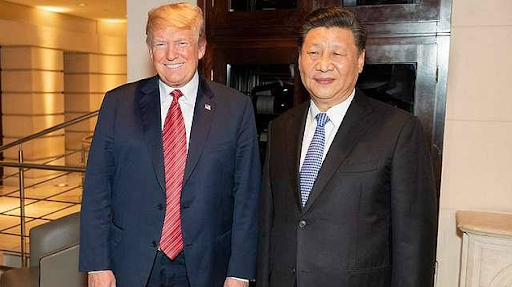Fears are growing in Taiwan that the island has become a pawn in a high-stakes game of horse-trading between the United States and China. These fears have been amplified by the news that the Trump administration is considering a Chinese request to formally “oppose” Taiwan’s independence.
From Taiwan’s perspective, this development is deeply alarming. It suggests that its security and sovereignty are being treated not as matters of principle, but as negotiable items in a larger U.S.-China transaction. The island, a thriving democracy, risks being sacrificed for the sake of a trade deal.
The demand from Beijing to shift U.S. policy from “not supporting” to “opposing” independence is a direct attempt to undermine Taiwan’s international standing. If the U.S. agrees, it would be a devastating blow, leaving Taiwan more isolated and vulnerable to Chinese pressure than ever before.
Taiwan’s government is trying to navigate this perilous situation by maintaining close communication with Washington and pushing back against what it calls “manipulative narratives” from Beijing. However, it has limited agency in a decision that will ultimately be made in the capitals of two global powers.
The fear of being a pawn is a familiar one for Taiwan, which has long lived in the shadow of its giant, authoritarian neighbor. But the current situation feels particularly dangerous, given the transactional nature of the Trump administration and the growing assertiveness of China under Xi Jinping. The game is being played, and for Taiwan, the stakes are existential.

